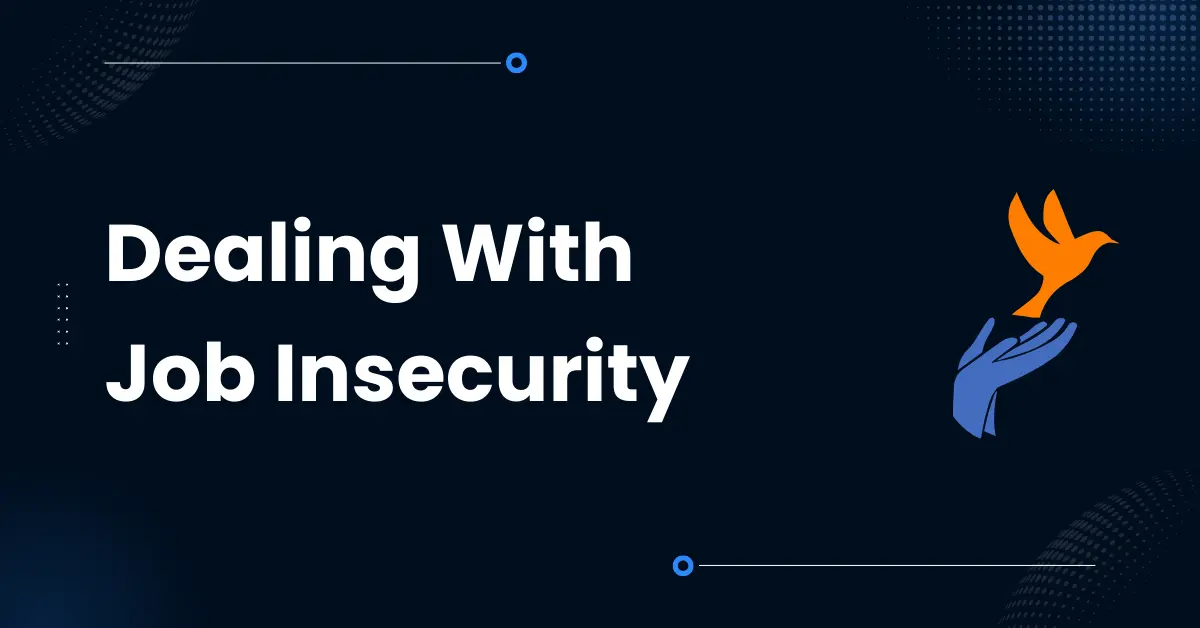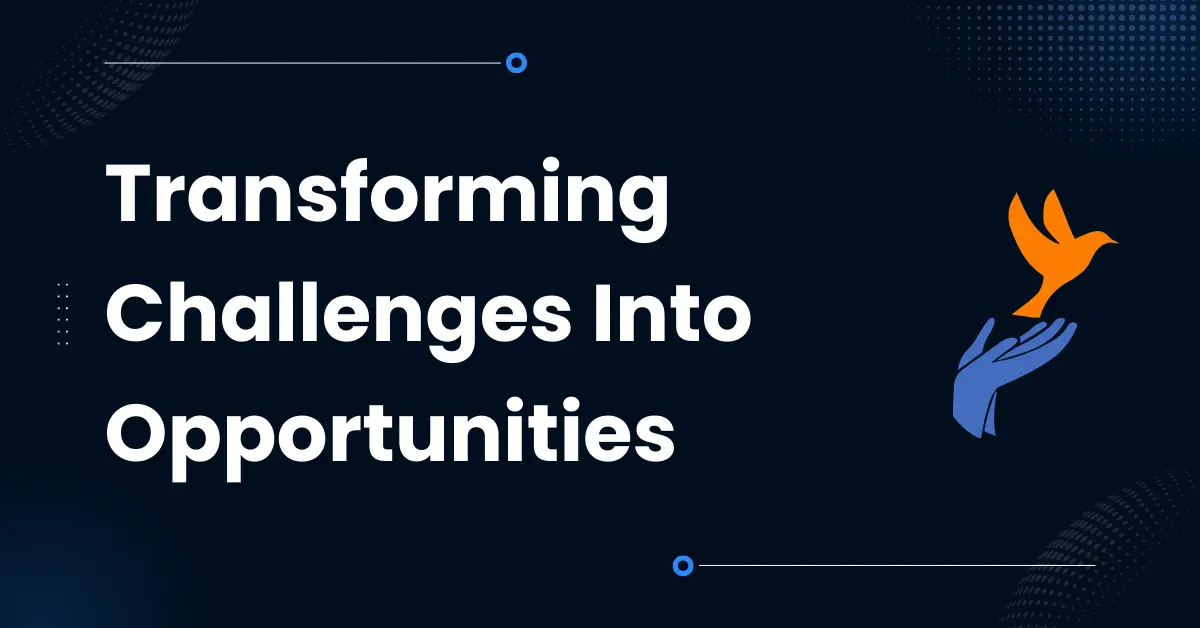We had just relocated to another country and we were just opening our cartons and settling down. The evenings were spent discovering new playgrounds, friends and neighbours so we could soon call this new country home. One of those young moms I met chose to drop by at our place the next day. A warm gesture I felt and tried make her and her toddler feel as comfortable as possible. Somehow, she didn’t seem settled. There was something irking her and something she wanted to say. I couldn’t ask her much though, I barely knew her. A few sips of her coffee and she told me that her husband had been asked to return to India by his boss. Soon the coffee mug was shaking as she nervously asked me if I knew of any job as we had just moved in here. I swallowed hard. Feeling bad for her was only a part of the emotion I was experiencing. The fear that this could happen to us was gripping me as I watched my still half packed cartons lying around the apartment. I tried to call her after a few days, but the number didn’t connect, I never saw her again either in the next few years, I guess she and her family had left.
On another instance, I got to know that someone in my extended family who had migrated to the US had returned to India with the kids. The sole breadwinner lost his job and he sent his family back to India while he was job hunting there. It was all very hush hush, so no one would ever get to know about the matter.
One day a close friend who was a VP-HR in a multinational called and told me how she had spent the day asking people to leave. She felt lousy inside, her voice choked as she narrated the strong reactions of the people she had been asked to fire. She said, “no class trained us to do this, ya. I really did not know how or what to do…”
If the above three were the only episodes, I could possible waive them off and presume exceptions do happen. However, the recurrence with different people in different countries tells me that job uncertainty is here to stay. Job security and life time employment are not offered by most organizations. While there has been a drastic shift in the job market, our mental sets and attitudes towards jobs and uncertainty have remained the same.
Since the past ten years or more, I have frequently seen people losing jobs or deeply fearing the loss of their jobs. You can see the stress written on their faces and their overall demeanor. Some would come up and talk about it describing their panic reactions, sleepless nights and the inability to reconcile job loss with their own identities. The basic question that I have discerned is, “I know it happens all the time. But how can it happen to me?”
Almost two decades back when I was working with a consulting setup, there was a merger followed by an acquisition, both very large scale. This saw employees running here and there anxiously for some information or lead that tells them of their future. Resumes and applications were printed furiously with each one trying to hear the conversations of the other lest they lose a lead to an important job or position. It was often seen as a fight for survival, low trust, extremely low morale and you could almost sense the panic and anxiety at the workplace
Questions loom large. What do I tell my family and friends? Am I not good enough for this job? How do I pay my bills? How do I repay loans? How do I maintain this lavish lifestyle? Will my next job pay me as much?
After years of dealing with this insecurity either myself or with family and friends, I have slowly unraveled why the situation is perceived as so threatening. So here it is. We attach our self-worth and identity to a job title or an employment. And when this job title threatens to leave us, we squirm and fight with all our might. We get resentful, depressed and often feel life has come to grinding halt. Why do we think this way? I have often pondered over this question.
Being a psychologist, I look at theories of learning and conditioning. We are not totally aware of the process but we have been conditioned to think this way. Our middle school years see us answering to parents and relatives that we will be a banker, pilot, doctor etc. when we grow up. And of course we swell with pride when we get that first job and that first pay cheque and our ticket to financial independence. Soon, we frequent fancy restaurants and choose the most expensive merchandise our salaries can afford. We flaunt our labels and define our own and others worth based on these materialistic tags. In all this retail therapy and exhibitionistic behavior, we forget who we really are, and how our self-worth has only some links to our job title per se or those fancy tags we have attached ourselves to.
So, when the newspaper reports hundreds of job cuts, we shiver and shudder. Because for us, the job equals to who we are. Is it really so? Can you be truly defined by a job title? Think about it.
Now, if you are a person with a family you may think my arguments above are foolish. You have a family to support don’t you? How will you cope if you don’t earn that pay cheque? Yes, there are questions of survival. Having seen the IT boom and job cuts cycle recurrently for many years, I feel the only way out is to be a bit like an ant. Earn what you can today, save for tomorrow, keep working hard and pretty much nothing can stop you for long. So, to cut a long story short if we all stop being so consumeristic and buy or indulge in essentials and what our life truly needs, we immediately reduce many points on the panic scale if we don’t get that monthly pay cheque.
As an HR consultant who has engaged in a fair amount of recruitment, I find that people are attached to big designations. They get very upset if the role “looks or sounds” smaller than their peers or counterparts. Very often the job content may not match up to their skill set, they may not even grow in that role, however the designation needs to sound worthwhile and elicit those mandatory wows!! Somehow, our upbringing makes us do this. We need to sound and look good, superficialities and ticking the boxes are more important than real substance or value add.
In case our lifestyles are lavish and we are prone to indulgences that are expensive, we are sure to fear job loss very dearly as we need that fat pay cheque to keep up. If we are stuck in a shallow job with a fancy designation, job loss is a real threat as we may not feel competent enough for the job market. If we are not flexible about our roles, our contributions and how we can add value with our work, we have in a way become redundant far before we lost the job. If we judge others competence and label them as useless as they may face job loss, we are sure to fear that the same labels will apply to us.
So what can we do?
First, lets be aware that much of our fear of uncertainty is a “learned” behavior and it puts us at great risk of feeling stressed much of the time. So, while aspiring for certainty was initially an instinct for survival it has an overall dysfunctional influence on our lives in changing times. Awareness that it is a learnt behavior and can be unlearnt is the first step. Once you are aware, change that thinking pattern to understand that the job market is uncertain and is not reflection of your competence as an individual.
Second, review your lifestyle and your expenses. Make your list of “needs”, those that are essential and also identify the “wants”, the nice to have but inessential. Be very careful and do this iteratively especially if you are used to spending on many things. With this step done, you have a basic expense figure you need to keep afloat. You may just be surprised as this “needs” budget may be much lesser than you had imagined! If so, see how quickly you reduced stress. So, your second step is to review and change that spending pattern to include what you need and can afford realistically. Reducing our expenses is also so in with the times to be less consumerist and be more minimalistic. This is a change which will help not just your budget, but your overall lifestyle.
Third, constantly engage in self-development and professional growth not in terms of position or money, rather in terms of building competence in self and others around you. This confidence in your abilities and a supportive network goes miles and years in making you successful.
Fourth, think for yourself and educate others. Listening to community and society that scorns lay offs and job losses never helps. Remember, it was this ingrained attitude in the first place that landed you in a stressed position. Strengthen your core, educate others about changing business realities, reassess your skills and self-worth, smile and move on.
Fifth, make sure you eat healthy and get enough exercise. Keeping yourself physically active and eating right does a lot to boost your immunity and good health. Avoid addictions of all sorts to deal with stress. Take a walk, swim, eat that colourful salad to feel happier and healthier.
Soon, with time and effort the uncertainty will morph into an opportunity for greater growth, happiness and success. It is not as tough as you thought and the above steps come in handy in many life situations.

Unlock true potential
Leverage LifeVidya’s Ikigai Coaching to transform challenges into opportunities by unlocking true potential and re-pivoting life as well as career.



